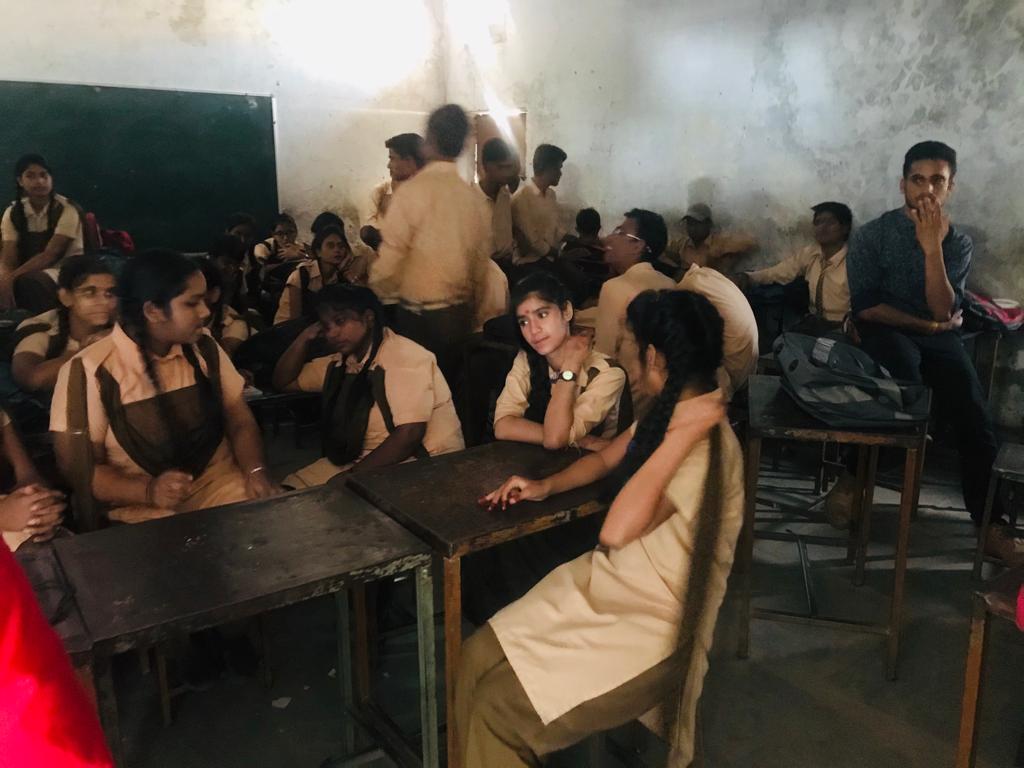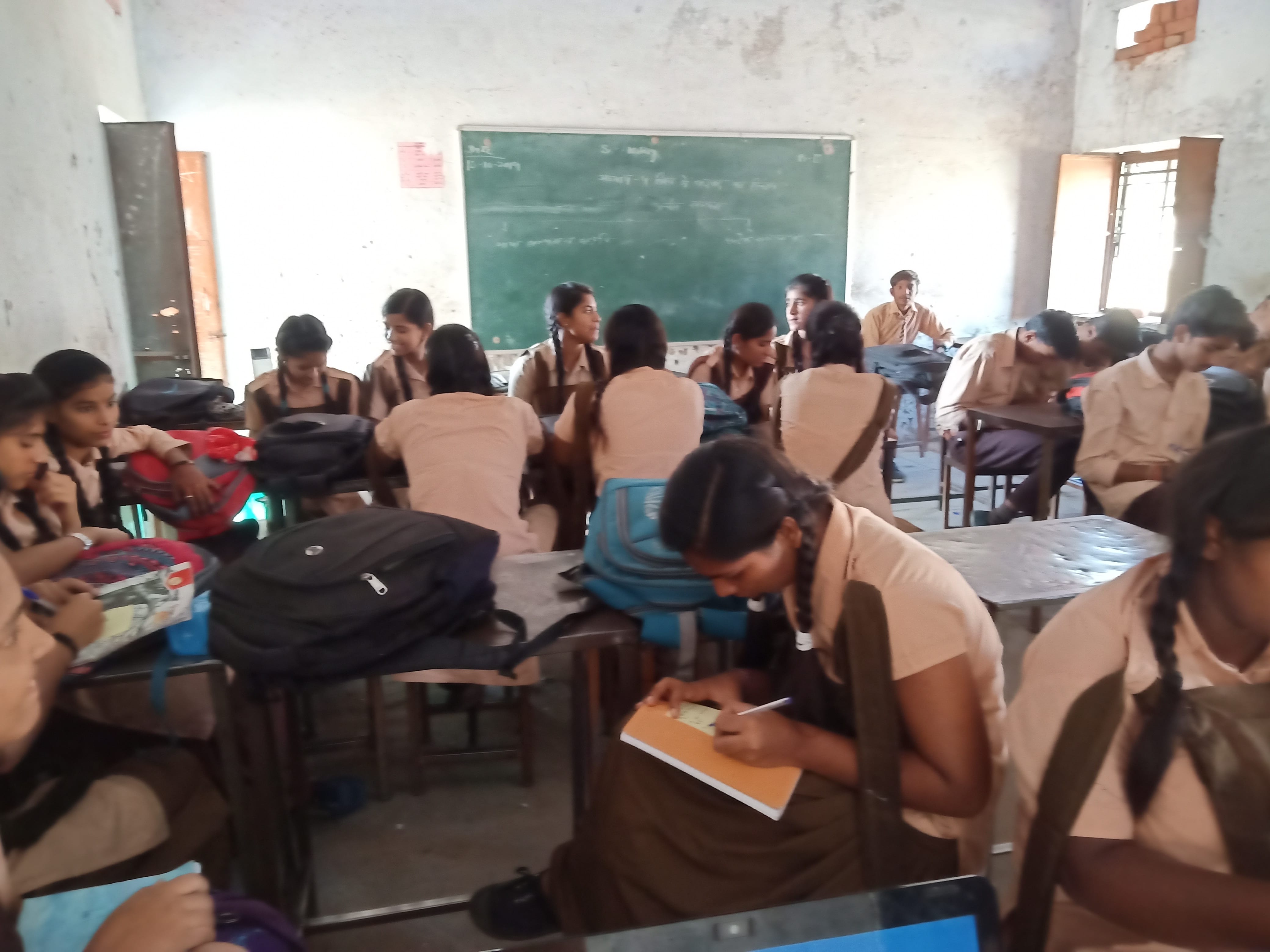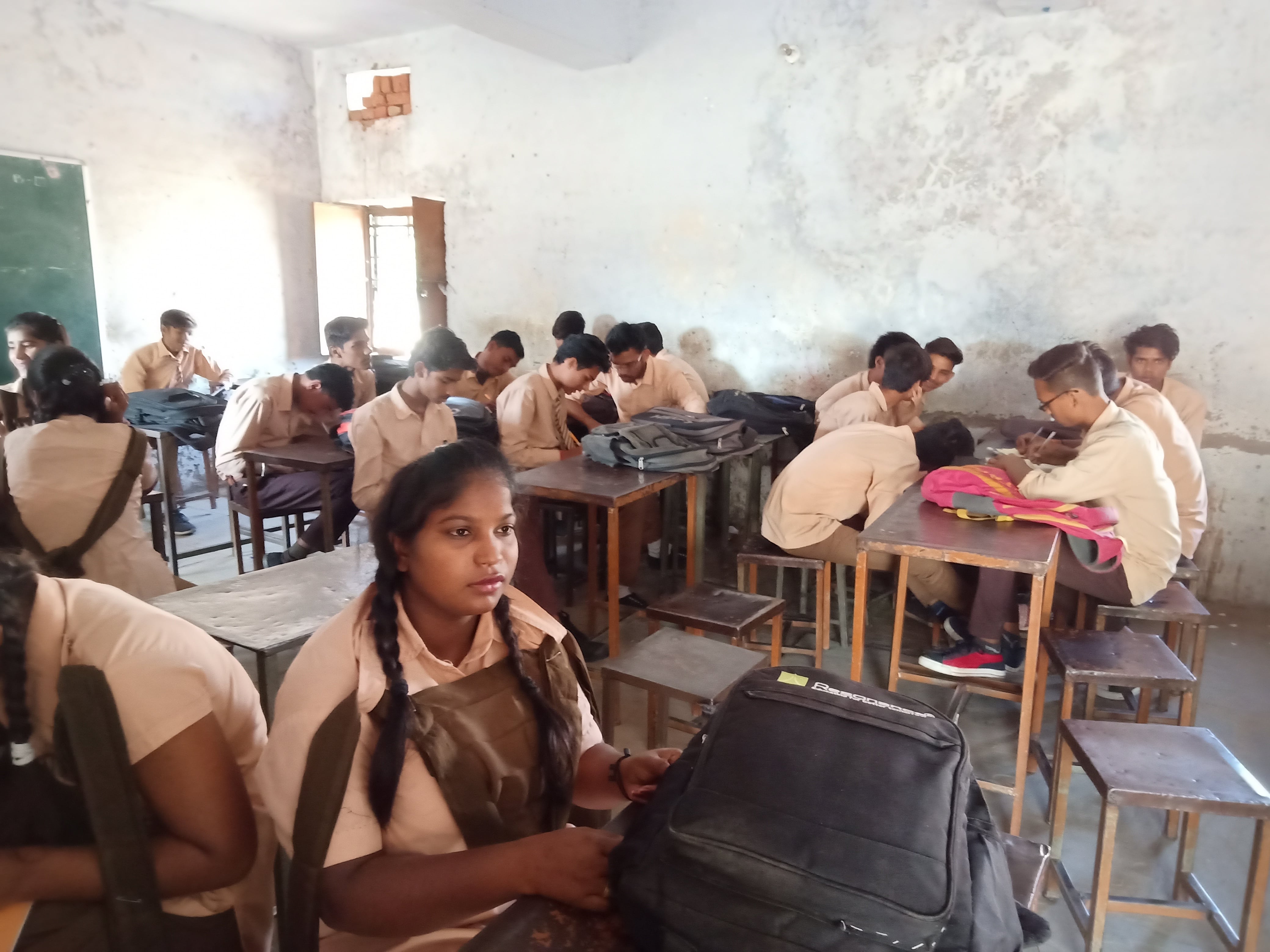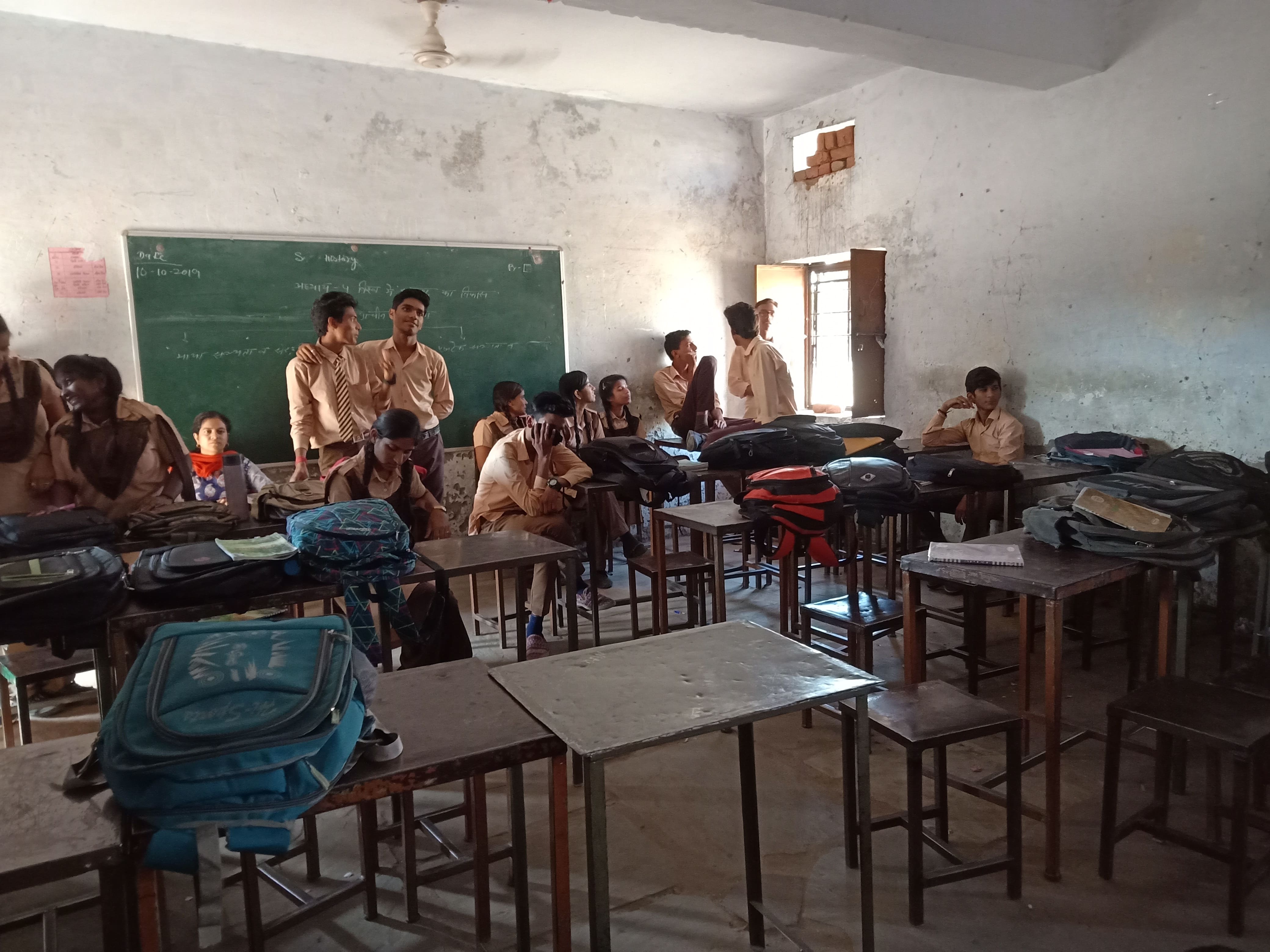Awareness session on Changes In Adolescences Age (after age 15) was held at Saheed Major Digvijay Singh Sumal Govt. Sr. Sec. School in Khatipura, Parivahan Nagar, Jaipur, Rajasthan – in Ocotber 2019.
Changes of Adolescences Ages (after age 15)
The teenage years bring many changes, not only physically, but also mentally and socially. During these years, adolescents increase their ability to think abstractly and eventually make plans and set long-term goals. Each child may progress at a different rate and may have a different view of the world. In general, the following are some of the abilities that may be evident in your adolescent:
- Develops the ability to think abstractly
- Is concerned with philosophy, politics, and social issues
- Thinks long-term
- Sets goals
- Compares one's self to one's peers
- Conflict with parents
As your adolescent begins to struggle for independence and control, many changes may happen. The following are some of the issues that may be involved with your adolescent during these years:
- Wants independence from parents
- Peer influence and acceptance becomes very important
- Romantic and sexual relationships become important
- May be in love
- Has a long-term commitment to relationship
Pre-session assessment
A group of 40 11th-grade students participated in a pre-session assessment where the following topics were discussed:
Self-description: Some students wrote down their names and mentioned their hobbies and skills, such as cooking and painting. Two big changes in their lives from the last 5 years: Some students mentioned physical changes like an increase in height, while others mentioned changes in their behavior, such as understanding their family's problems, making new friends, and thinking about their career. Ability to take care of their own things: Most students replied that they can take care of their own things, but some said they cannot. Independence in decision-making: Most students replied that they cannot decide their own things independently as they rely on their parents, while a few said they can make their own decisions. Understanding their worth in front of family and friends: Most students replied that they feel important and valued by their family and friends. Willingness to take risks: Most boys replied that they love to explore new things and don't care about the risks, while some said they explore new things but also take care of other things. Knowing right from wrong: Most students replied that they know what they are doing and where they are right or wrong. Interest in studying: Some students said that they are more interested in studying now, while others mentioned distractions like mobile phones, video games, and social media accounts affecting their ability to concentrate. Consciousness about appearance: Some students replied that they are conscious about their looks and clothes, while others said they don't care about their appearance. Likelihood of copying friends: Most students replied that they don't like to copy their friends.
Activity conducted during the session
The situations that the 40 participating students had to act out were:
First situation: You want a new cellphone - In this situation, the students acted out a scenario where a girl wants a cellphone because all of her friends and her brother have their own phones. She goes to her parents to ask for a phone, but they convince her to wait until after 12th grade as she should focus on her studies. Second situation: You want to go to your friend's place at 7:00 PM - In this situation, the students acted out a scenario where a girl wants permission to go to her friend's place. She asks her mother, but her mother says no because it's not safe to go outside at that time. Third situation: You want to pursue a subject but your parents are against it - In this situation, a student wants to pursue humanities, but his parents are against it because he got 91% in 10th standard and they think taking humanities means he's not good at studies. The student seeks the help of his teacher and friends to convince his parents, but they still don't understand, so he ends up having to take science instead. Fourth situation: Your parents find out that you have bad habits - The group of students didn't understand this situation and didn't act anything out.
Post-session assessment
Where do all these thoughts come from that they played out? Students replied that they observed and experienced these situations in their day-to-day routine and face them in their lives.Are these the only solutions to every situation, and what could be other solutions? Students replied that the solutions they played out were the ones they thought of at the time.
The facilitator shared some tips to cope with these changes:
- First of all, we need to accept these changes.
- Try new things, but always be aware of the risks involved.
- Share your thoughts and things with trusted adults.
- Always appreciate yourself.
- Spend time with your family and share your problems with them honestly.
- Support your friends and classmates.
- Avoid things that can harm you, like alcohol and smoking.
- Take care of your health.






